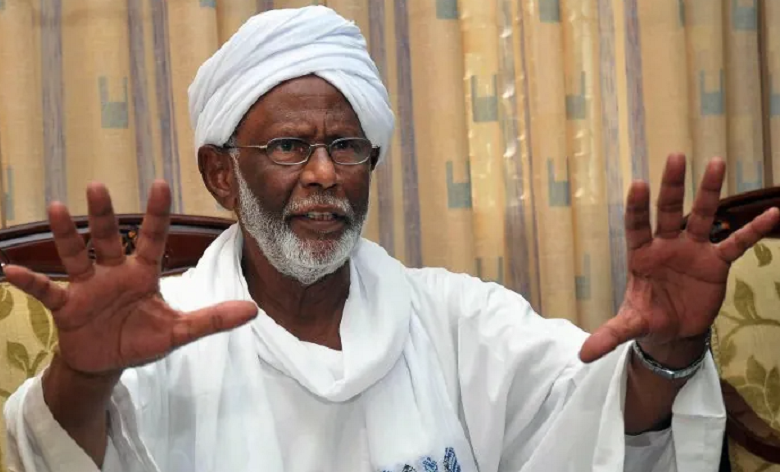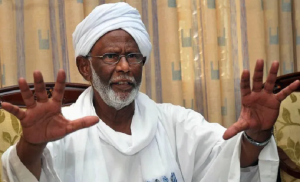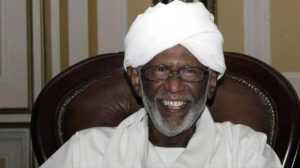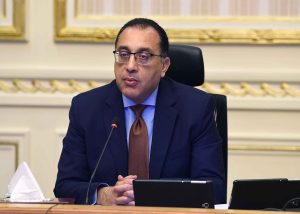Among the reformist figures in 20th-century Islamic thought, the name Hassan Abdullah al-Turabi holds a unique position. Born in Omdurman, Sudan, in 1932, he grew up as a Muslim intellectual who merged classical fiqh (Islamic jurisprudence) tradition with the anxieties of modernity, pushing Islam to appear not merely as a spiritual doctrine but also as a social and political force.
Turabi was known as a figure who was both visionary and highly controversial. His ideas often captivated young, educated circles but also sparked sharp debates globally. Throughout his life, he did not just talk about Islam as values, but turned it into a tangible socio-political project.
Global Education and Dynamic Thought
Turabi completed his primary and secondary education in Sudan, then continued his studies globally. He earned a law degree from the University of Khartoum, pursued postgraduate studies at the University of London, and obtained a doctorate from the Sorbonne, Paris.
Also Read: Who Exactly is the RSF Group Shaking Sudan?
This blend of Islamic and Western education gave birth to his distinct intellectual approach: an Islam that is dynamic, adaptive, yet holds firm to the basic principles of sharia.
Turabi was known as a figure of renewal (tajdid) who rejected the stagnation of religious tradition. He emphasized: Ijtihad (independent reasoning in law) as a contemporary obligation, the active role of the state in implementing Islamic values, the involvement of women in the public sphere, the political participation of Muslims in a democratic system, and the concept of modern Islamic constitutionalism.
For Turabi, sharia was not a dead inheritance but a living system that must respond to contemporary social and political realities.
These views placed him close to the global political Islam discourse, alongside figures like Abul A’la al-Maududi, Sayyid Qutb, and Rashid Ghannouchi, while maintaining his own distinct intellectual style.
Also Read: The Two-State Solution (Palestine–Israel) in Historical Perspective
Architect of the Islamic Movement in Sudan
Turabi was not just a theoretician; he became a key actor in the rise of political Islam in Sudan, particularly through the National Islamic Front (NIF). In 1989, he played a role in supporting the coup by Omar al-Bashir, which paved the way for the implementation of Islamic sharia in Sudan.
However, their relationship later fractured, and Turabi was repeatedly arrested and imprisoned by the very regime he helped establish.
Political Figure and Ideological Diplomat
Also Read: Enchanted by K-Dramas, Dragged into Slander: Time for Muslims to Rise!
In the global arena, Turabi was known for playing a role in ideological diplomacy. He opened doors for Islamic activists and figures from various countries, including Islamic movement leaders in Africa, the Middle East, and Asia.
Some observers considered Turabi to be a key figure in the birth of the international political Islamic network in the late 20th century. He frequently attended interfaith dialogues, international forums, and prestigious academic meetings, presenting an intellectual, confident, and outspoken face of Islam.
Not all of his views were widely accepted. Criticism was directed at his closeness to power, his support for military revolutions, and the alleged involvement of 1990s Sudan in hosting international militant figures. Turabi spent many years of his life behind bars, becoming an opposition figure to the government he once supported.
End of Journey and Intellectual Legacy
Also Read: Creating Opportunity and Avoiding Misery; Lesson Learn on Waste Recycling Issue
Hassan al-Turabi passed away on March 5, 2016, in Khartoum. Although his persona was full of polemics, he left an undeniable intellectual legacy, including: a strong push for ijtihad and Islamic renewal, the strengthening of Islamic law’s role in the modern state, ideas of Islamic democracy and popular political participation, advocacy for the education and role of Muslim women, and also the courage to infuse politics with religious values.
In the history of Islamic thought, Turabi stands as a radical reformer, a strategic politician, and a global Muslim intellectual who posed one major question: Can Islam be the foundation for a modern state without losing its soul?[]
Mi’raj News Agency (MINA)
Also Read: Between the Treaty of Hudaybiyyah and Ceasefire in Gaza



























 Mina Indonesia
Mina Indonesia Mina Arabic
Mina Arabic